Kevin Harvick has welcomed NASCAR's horsepower boost for short tracks but pointed out that the 80 hp increase would likely not be enough to have a noticeable change on track.
NASCAR announced earlier this month that it would increase the Next Gen car's horsepower from 670 to 750 at short tracks and road courses in 2026. Drivers now have slightly more power, which is aimed at improving racing excitement by improving throttle response and tire wear management at tracks such as Martinsville, Bristol, Sonoma, and Watkins Glen.
During the latest episode of Kevin Harvick's Happy Hour podcast, the former NASCAR driver supported the increase but questioned its sufficiency in addressing broader competitive issues.
"I think that it's at least a step in the right direction. ... My hope is they're looking to go more horsepower down the road as they look at how things evolve. ... Kudos to them for giving the cars more horsepower. I don't want to knock it, but I don't think anybody will notice," Kevin Harvick said.He also pointed out that increasing horsepower further would be expensive, but argued that the sport needs to balance performance gains with financial feasibility.
"This is a situation where it would cost the teams a lot of money, but sometimes you just got to say, 'Screw it. You're going to do it. This is what we're going to do because it's right for the sport.' It can't always be about money. ... The horsepower is great, but it's not going to fix it," he added.The first five races of the 2026 season will feature the 750-horsepower package. It is also expected to serve as an early test to assess its performance and possibly apply it to larger oval tracks (excluding superspeedways) in the future.
Kevin Harvick points out 'ironic' price increase with horsepower decrease
NASCAR had cut engine power to slow cars and tighten races last decade. In 2015, officials used a tapered spacer that trimmed roughly 125 horsepower from top engines, which dropped output from around 850-900 hp to about 725 hp. The rules pushed horsepower further down by 2019.
Kevin Harvick also pointed out earlier that even when horsepower was reduced in the late 2010s, engine expenses didn't decrease. He shared that the cost of engines remained high because components like the valve train became more critical.
"When they lowered the horsepower, the price of the engines went up because the valve train it becomes so important. ... Nothing went down. The engine bills did not go down and I think that's the ironic thing about a lot of these scenarios," Harvick said (via Daily Down Force).Harvick also argued that lower horsepower does not outweigh the savings from reduced power alone.
Why did you not like this content?
- Clickbait / Misleading
- Factually Incorrect
- Hateful or Abusive
- Baseless Opinion
- Too Many Ads
- Other
Was this article helpful?
Thank You for feedback
About the author
Get the latest NASCAR All-Star race news, Xfinity Series updates, breaking news, rumors, and today’s top stories with the latest news on NASCAR.
Edited by Riddhiman Sarkar

 3 hours ago
1
3 hours ago
1
.jpeg)

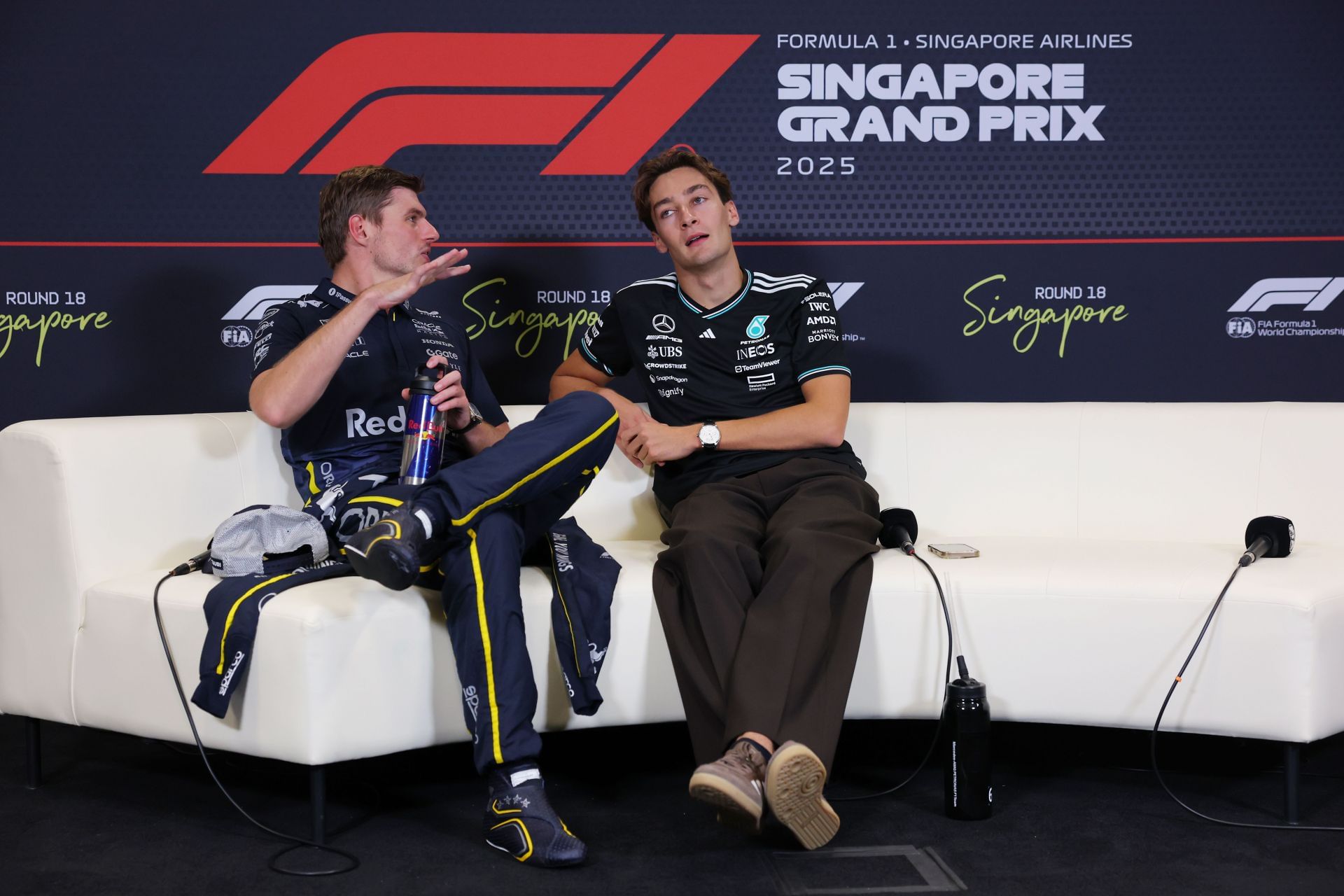
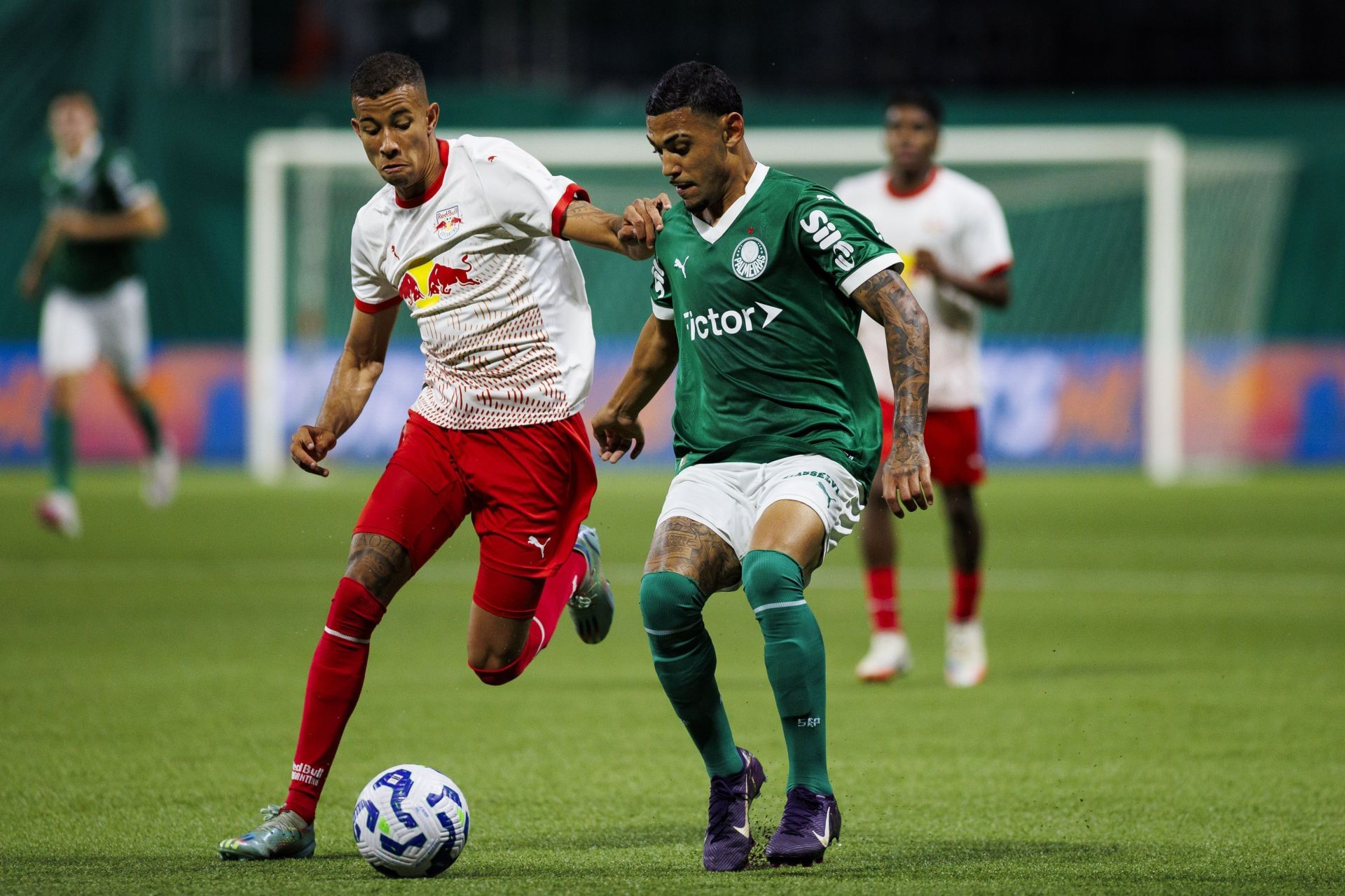
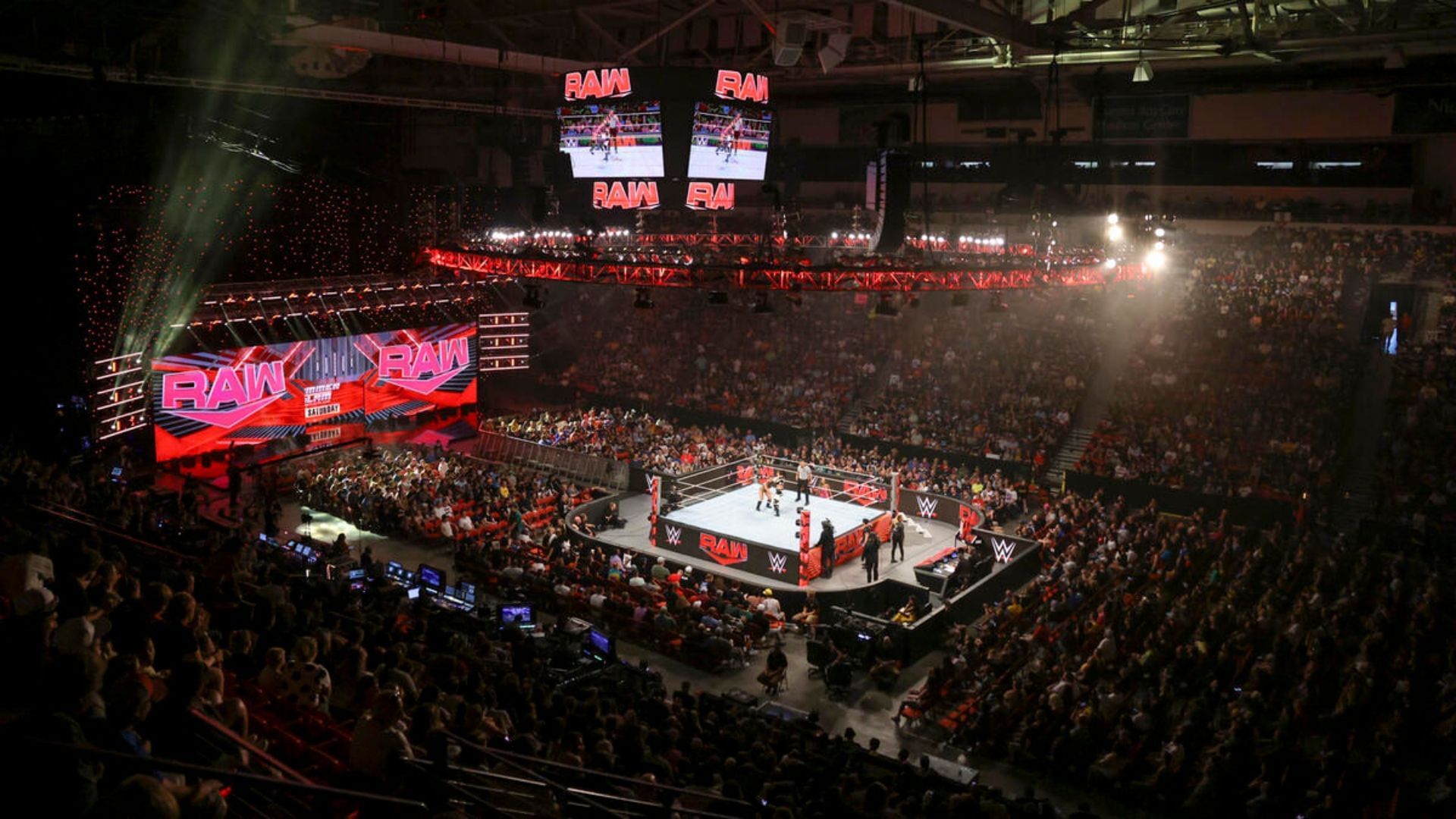
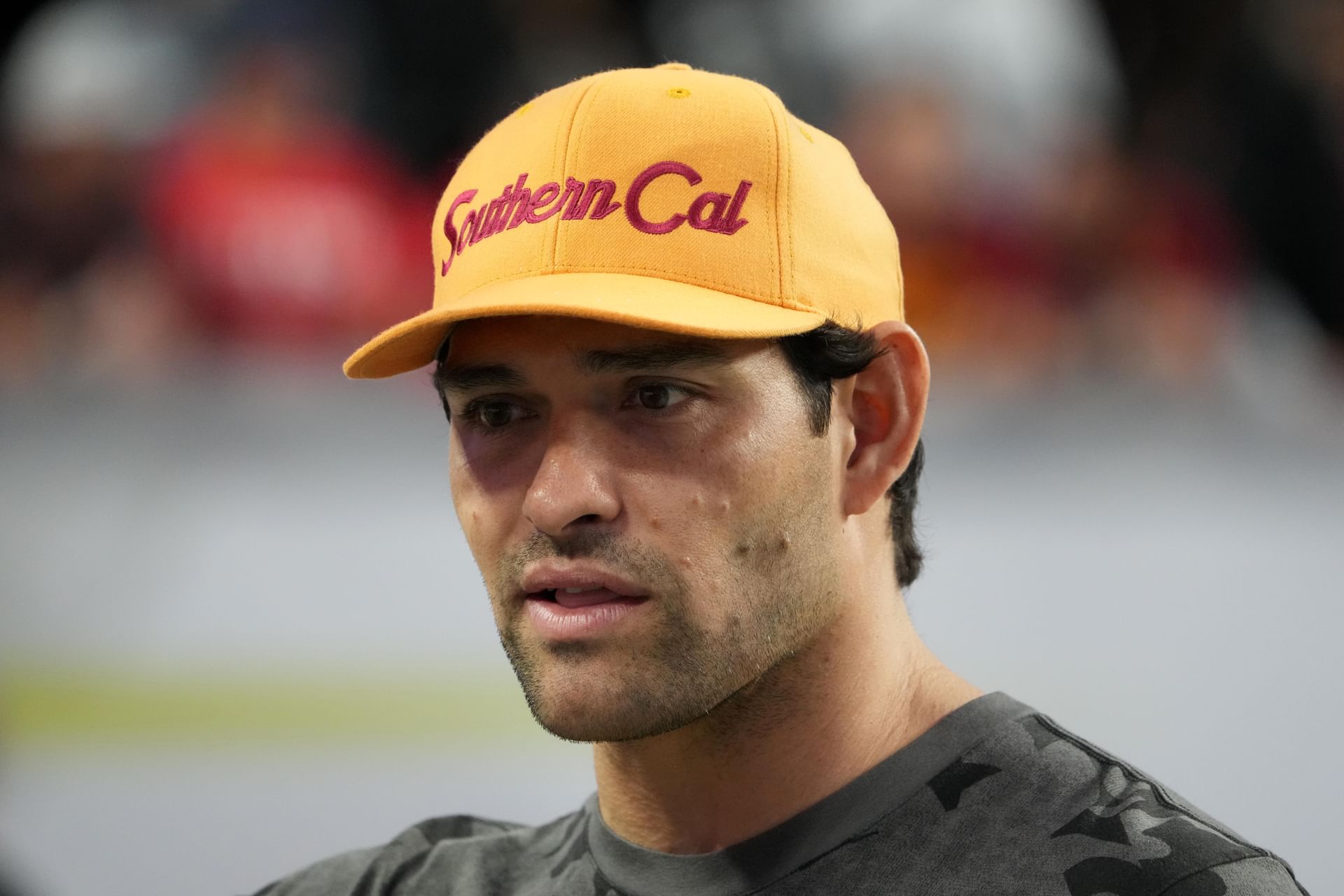

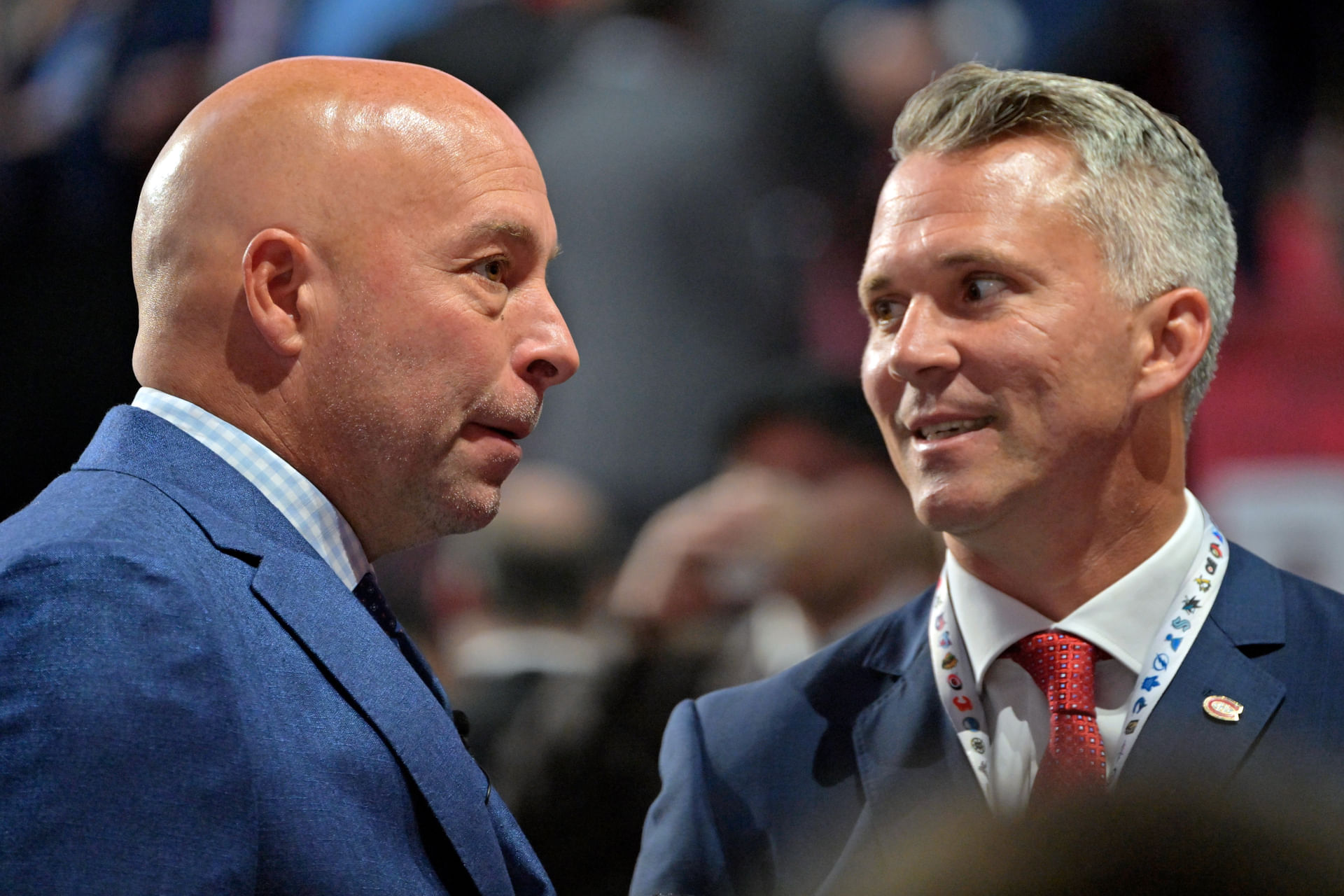


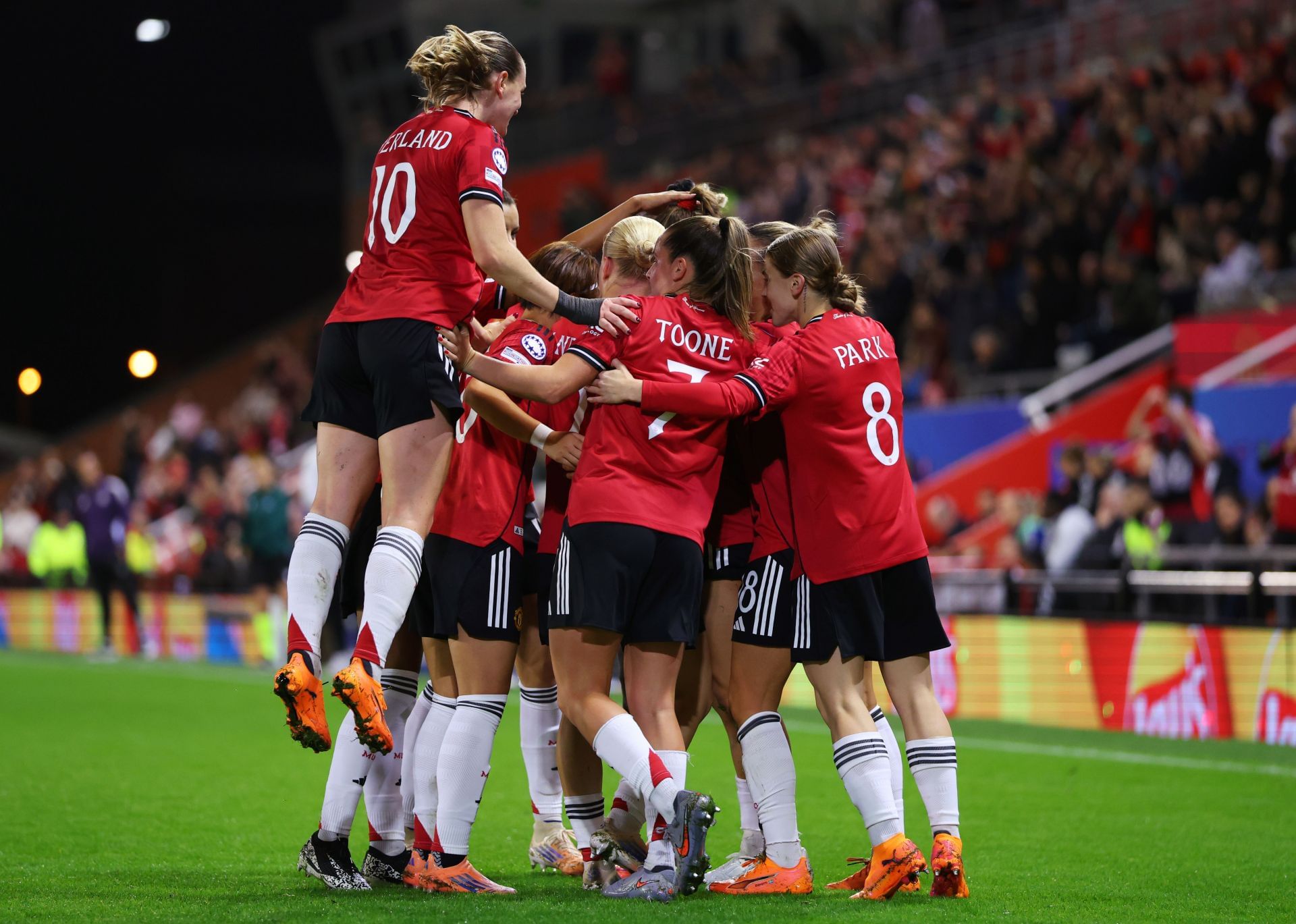
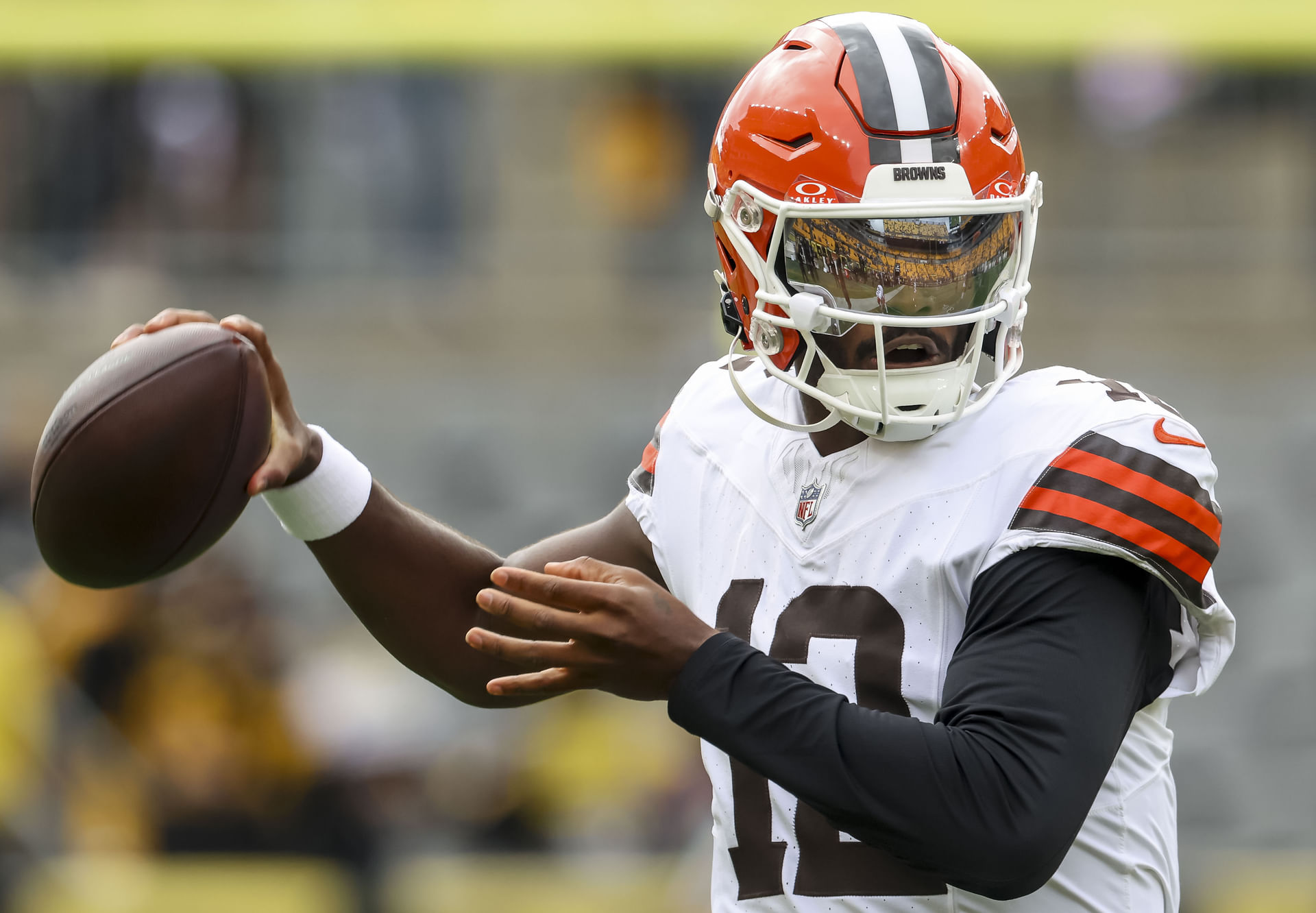






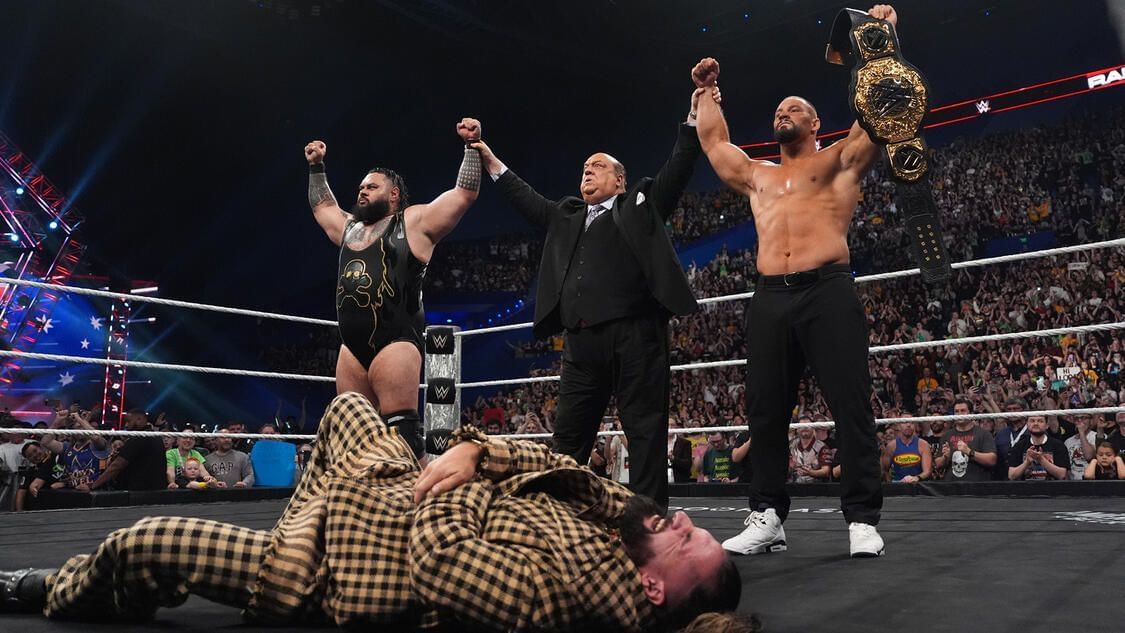
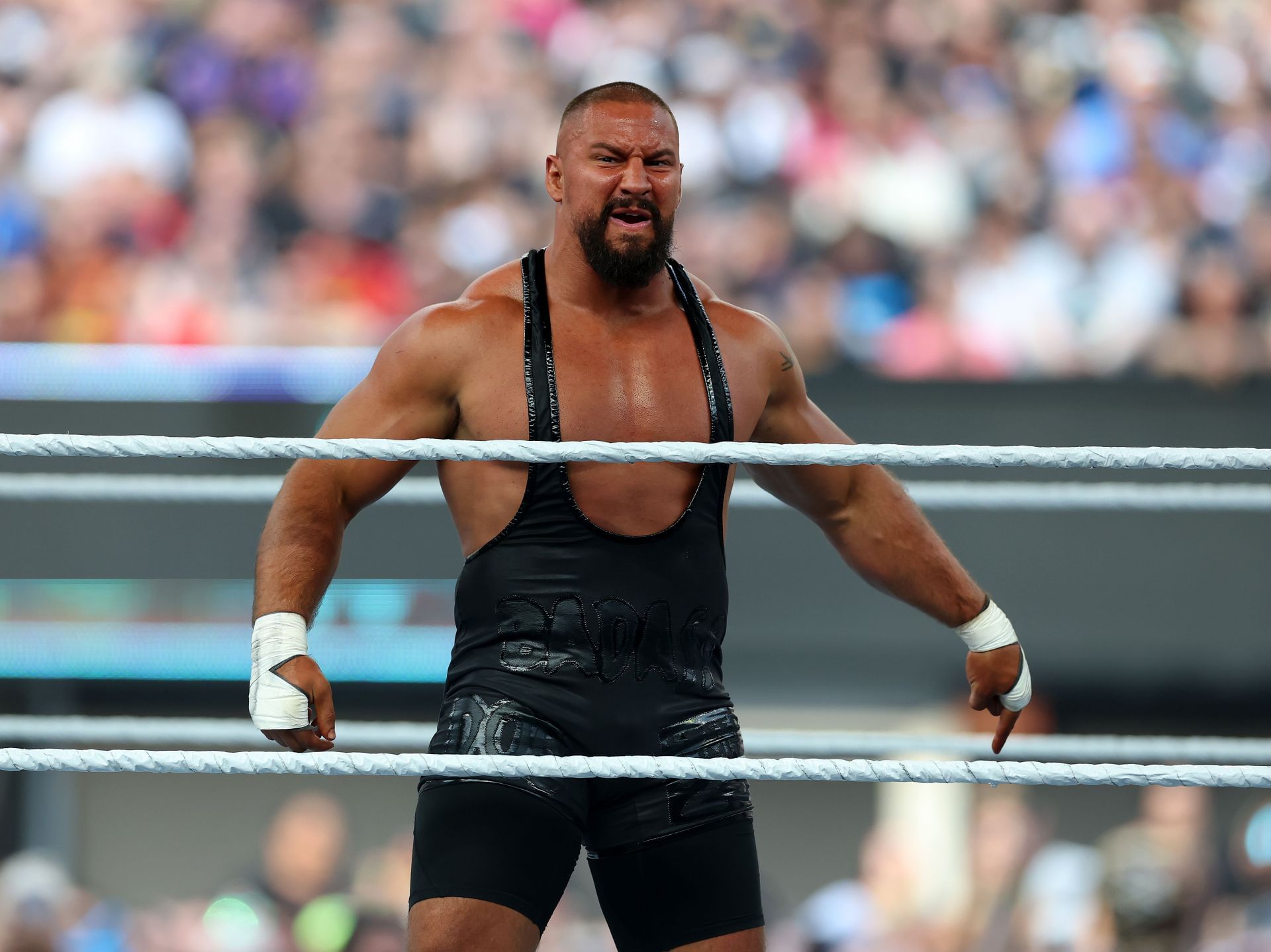
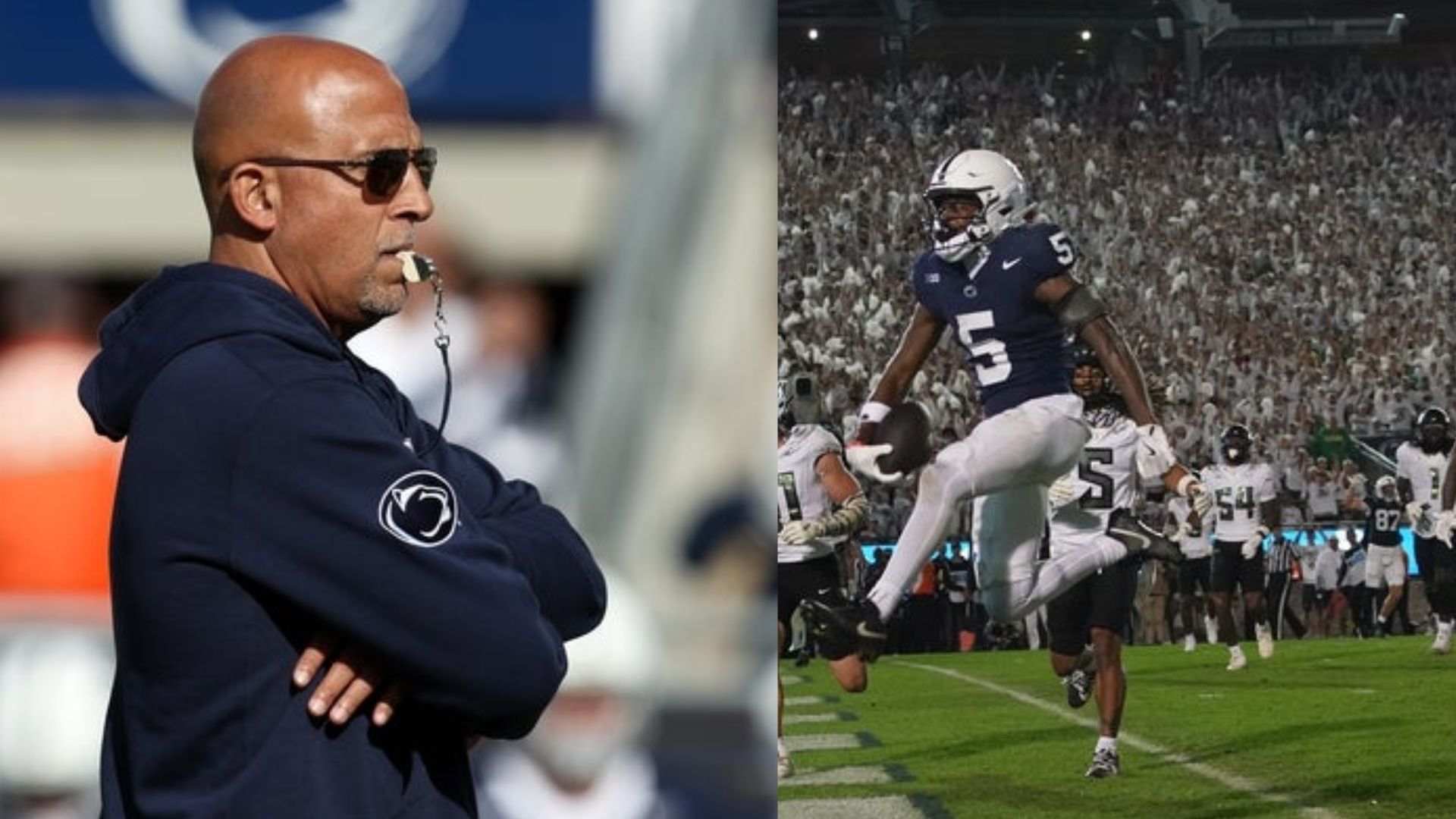



.jpeg)













 English (US) ·
English (US) ·